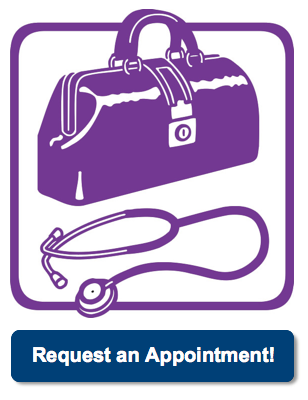
Heart disease is insidious.
The U.S. Centers for Disease Control and Prevention (CDC) says that it takes more than 600,000 lives every year, leaves thousands of families without their loved ones and costs millions of others their quality of life.
It’s also the second-leading cause of death in New Hampshire, killing more than 2,000 people annually according to the state’s Division of Public Health Services.
It’s a disease that has increased in prevalence in the United States. An article about causes of death through the decades that was published in The New England Journal of Medicine shows that heart disease moved from the fourth-leading cause of death in 1900 to the leading cause today.
With heart disease so prevalent, it’s no wonder that so many people spend so much time online looking for information. Here’s a quick primer on heart disease basics–from prevention to detection to treatment:
Prevention 101
According to the American Heart Association, you are never too young–or too old–to start taking care of your heart.
Taking steps to prevent heart disease begins by making smart choices about your exercise, eating and lifestyle habits. Here’s a look at some simple things everyone of every age can do:
• Have a healthy eating plan. Obesity increases your risk, and one of the best ways to prevent obesity is to have a healthy eating plan. If you need help developing a healthy diet, consider connecting with a registered dietitian nutrition for a nutrition consultation.
• Exercise every day. Physical activity is a great way to keep your heart healthy. According to the CDC, adults need 150 minutes of moderate-intensity aerobic activity a week.
• Know your risk factors. There are many factors that lead to an unhealthy heart, including lifestyle choices (such as smoking), family history and current health conditions (such as high blood pressure and high cholesterol). Understanding your risk factors will help you make smart decisions that can help you prevent heart disease.
Detection 101
One of the most effective ways of preventing heart disease is making sure you are seeing your primary care physician on a regular basis. Your doctor will be able to monitor your overall health, run basic tests to identify risk factors and refer to you specialists for more advanced diagnostic tests, if necessary.
Cardiology testing can include echocardiograms, exercise tolerance tests (also known as stress tests), exercise stress echocardiograms and holter monitors.
After your test or tests are complete, your cardiologist and your primary care physician will work together to make a diagnosis and develop a treatment plan that addresses your specific needs.
Treatment 101
The good news for the millions of people in the United States living with heart problems is that there have never been more treatment options–and the treatment options have never been more effective.
Some treatment options are incredibly low-tech, involving nothing more than lifestyle changes. Others use medicine. And then there are those that make the most of technological and surgical advances, both of which have been moving at a rapid pace in recent years.
The good news is that survival rates for people living with heart disease have improved steadily since the 1960s, according to information published by the National Institutes of Health.
Learn More About Prevention, Risk and Treatment
If you or someone you love is among the millions of people at risk for or living with an unhealthy heart, it’s important to have access to reliable, accurate information.
Cardiology Services at Derry Medical Services combines expertise with advanced technology to provide answers to your questions. Connect with them today for more information about keeping your heart healthy.

